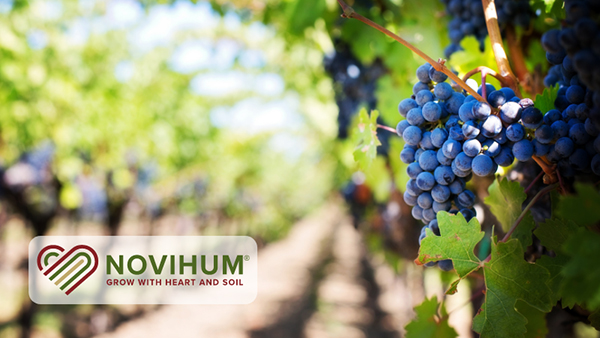Agritourism Gaining Lots Of Ground In Sunshine State
Florida’s top two industries – tourism and agriculture – go together like peas and carrots, according to UF/IFAS researchers.
Edward Evans, associate professor based at the UF/IFAS Tropical Research and Education Center in Homestead, said it makes sense to combine the two sectors as it creates an even bigger economic impact for farmers and the state, provides transparency to the public about where there food comes from, plus offers another education/recreation option. “Farmers can no longer concentrate on only growing crops; they also have to think about how to grow their revenues.”
Farmers are getting lots of help from local and state officials. In 2013, the Florida Legislature passed SB 1106, a bill that protects and strengthens agritourism opportunities for state farmers and ranchers. Before this law, farmers were faced with several barriers to agritourism. These include zoning laws and a heavy burden of liability.
Taylor Stein, UF/IFAS associate professor of ecotourism in the School of Forest Services and Conservation, said the risk vs. reward factor of adding an agritourism element to the farm has been greatly reduced. “There used to be a massive insurance cost associated with agritourism,” he said. “Now, the insurance companies understand the industry better and are more willing to work with farmers. Also, local zoning ordinances kept farmers from opening their farms to new business opportunities, and sometimes, neighbors balked at such a venture in their back yard.”
Beyond U-picks, corn mazes, and hay rides, agritourism has grown so rapidly in the state that several farms now operate wineries. There is a special certification program for Florida Farm Wineries, which requires that a winery must produce or sell less than 250,000 gallons of wine each year, maintain at least 10 acres of vineyards in Florida, must apply for the program each year, must pay a $100 registration fee, and must be open to the public for tours, tasting and sales at least 30 hours a week, according to the state agritourism law.
Wineries that participate in the Florida Farm Wineries Program then become certified Florida Farm Wineries. This means that the winery is recognized as a state tourist attraction and it may display the Florida Farm Winery logo.
The future of agritourism in Florida is bright, Evans said. “When we first studied agritourism, we truly underestimated the success that would come,” he said. “Now, it’s anyone’s guess on how much of an economic impact this will make on the state and on local farmers. All the necessary components are there.”









